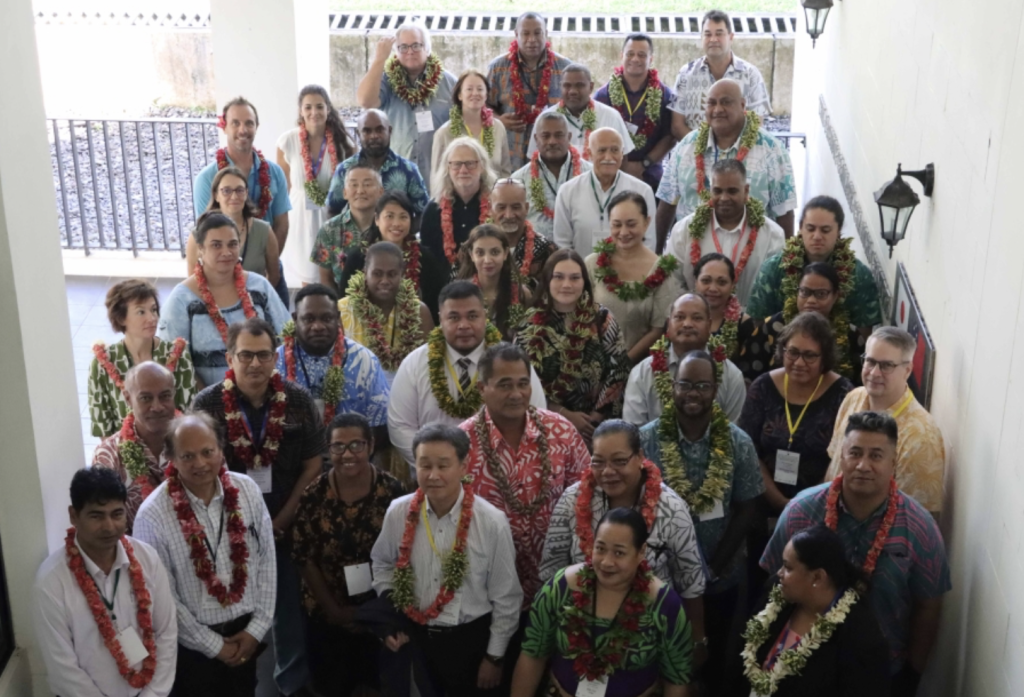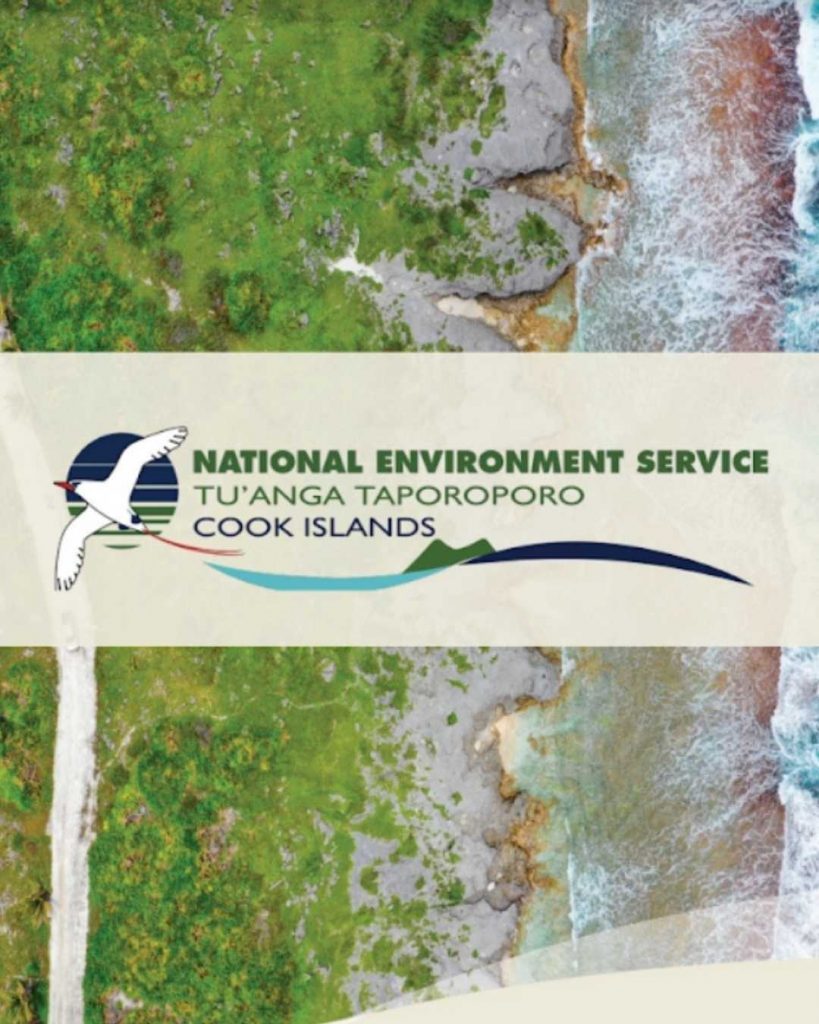France invited over twenty member states and experts to a convening in Paris in early April 2024, to discuss primary plastic polymers and the interlinkage between plastic production and pollution. Halatoa Fua, NES Director, was invited to participate in the discussions, to share ideas and views, and building a common understanding of the issues around plastic production under Chatham house rules. The convening is to prepare the delegates for the Fourth Session of Intergovernmental Negotiations Committee (INC-4) to establish a legally binding treaty to end plastic pollution, in Ottawa.
The Organisation for Economic Cooperation Development (OECD) presented on its findings from its latest report ‘Towards eliminating plastic pollution by 2040’. The report shows that the use of plastics has quadrupled in the last 30 years, mainly in developing countries. In 2020 alone, 360 million metric tons of plastic waste was generated, whereby 22% is mismanaged. About 39% of this waste is from plastic packaging, followed by plastics in consumer products, and from textile and transportation sectors. The more plastic that is produced, the more waste it will generate. Countries focusing on waste management systems will be more costly in the long term, hence global production levels must be restrained.
The Environmental Investigation Agency (EIA) predicted that a global business-as-usual scenario will result in annual growth of 2.5% to 4% on production. As 99% of plastics are made from fossil fuels, this growth puts significant pressure on achieving the 1.5 degrees Celsius global heating ceiling under the Paris Agreement. Control measures to limit plastic production through a ‘freeze, elimination and limit’ scenario, can reduce plastic waste significantly by 64% in 2050.
The Scientists’ Coalition for an Effective Plastics Treaty, presented on how plastics are made starting from fossil fuel feedstocks to chemical production to create polymers and monomers, to then design the end products we use every day. The Scientists’ Coalition calls on member states to prioritise on plastic production reduction baselines and targets, safety and sustainability criteria for the development of plastic products and the raw materials involved in the process.
Under this treaty, plastic producing countries should be called to consider a collective global ambition to reduce the production of primary plastic polymers. The elimination of hazardous chemicals in plastics, problematic and avoidable plastic products, and ensuring monitoring and transparency measures are in place, will help curb the plastic crisis.
Halatoa Fua stated ‘the discussions with member states and experts is extremely helpful to connect the impact of plastic production growth on the waste accumulated, and the different scenarios developed to determine what will it look like by 2050, if we continue with business-as-usual. We must take the bold and right move to freeze, eliminate and limit some plastic products to save our oceans, biodiversity and food security from the impacts of plastic pollution.







